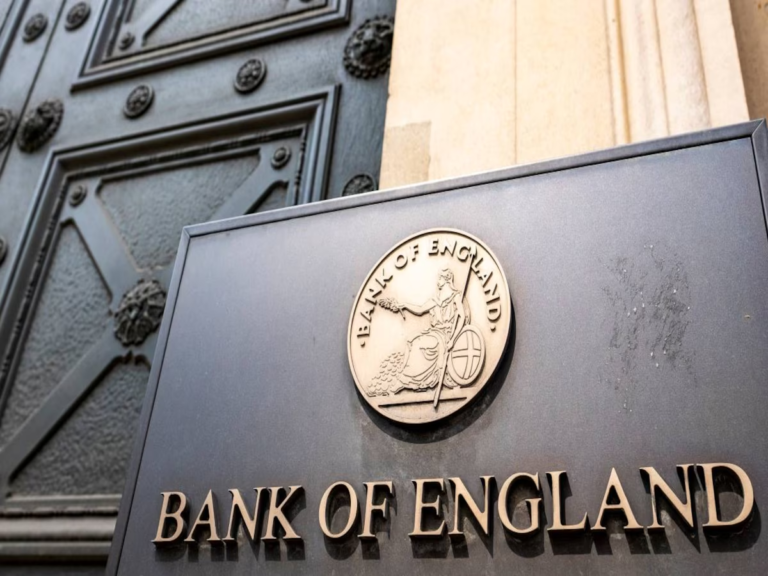The Bank of England (BoE) is the central bank of the United Kingdom. It is responsible for overseeing the monetary policy of the country, along with issuing its currency. As Kavan Choksi UAE mentions, BoE is also responsible for regulating payment systems, financial institutions and banks in the United Kingdom. Basically, it is the U.K. equivalent of the Federal Reserve in the U.S. Much the central banks of other countries, the BoE may act as a lender of last resort in a financial crisis.
Kavan Choksi UAE sheds light on the Bank of England (BoE) and its functions
The Bank of England was established in the year of 1694 as a private bank who lent money to the Government to finance the growing national debt of the government. By the nineteenth century (1844) the Bank of England had become the official Central Bank of the United Kingdom. The BoE was provided with the independence to set interest rates in 1997. This role was formerly undertaken by the Chancellor of the Exchequer, however, there was a fear of the Chancellor taking decisions based on political reasons. As a result, the BoE was provided with the independence to set interest rates for economic rather than political factors.
Here are some of the most important functions of the BoE:
- Money Supply. The Bank of England is responsible for issuing banknotes and coins. They have to print enough notes to meet the demand in the country without causing excess inflation.
- Lender of last resort: Much like other Central Banks, BoE is also the lender of last resort. This basically implies that in case commercial banks do not have enough cash, they may borrow funds from the BoE. This is a very vital function that assists in maintaining liquidity and confidence in the banking system of the country. This role was tested in the year of 2007 when Northern Rock was not able to raise enough funds on the money markets and was forced to borrow from the BoE with government acting as guarantor.
- Setting interest rates: The BoE, in particular, has an inflation target of CPI 2% +/-1. It produces an inflation forecast as well as is responsible for setting interest rates as per the predictions of future inflation.
The BoE’s Monetary Policy Committee (MPC) focuses on pursuing its primary mandate of price stability. This is done by targeting an annual inflation rate determined by the government to be most consistent with that objective. The inflation target of the government since the June of 2022 has been 2%. In case the inflation rate deviates from the target by more than 1%, the Bank of England would have to public explanation to the government on a quarterly basis. This shall include the actions that are taken in order to return inflation to the targeted rate.
Monetary Policy Committee or MPC is a nine-member committee and is led by the governor of the Bank of England. This committee is equivalent to the Federal Reserve chair. As per Kavan Choksi UAE, the three deputy governors for monetary policy, financial stability, and markets and policy serve on the MPC along with the chief economist of BoE. The other four members are appointed by the chancellor of the exchequer.
